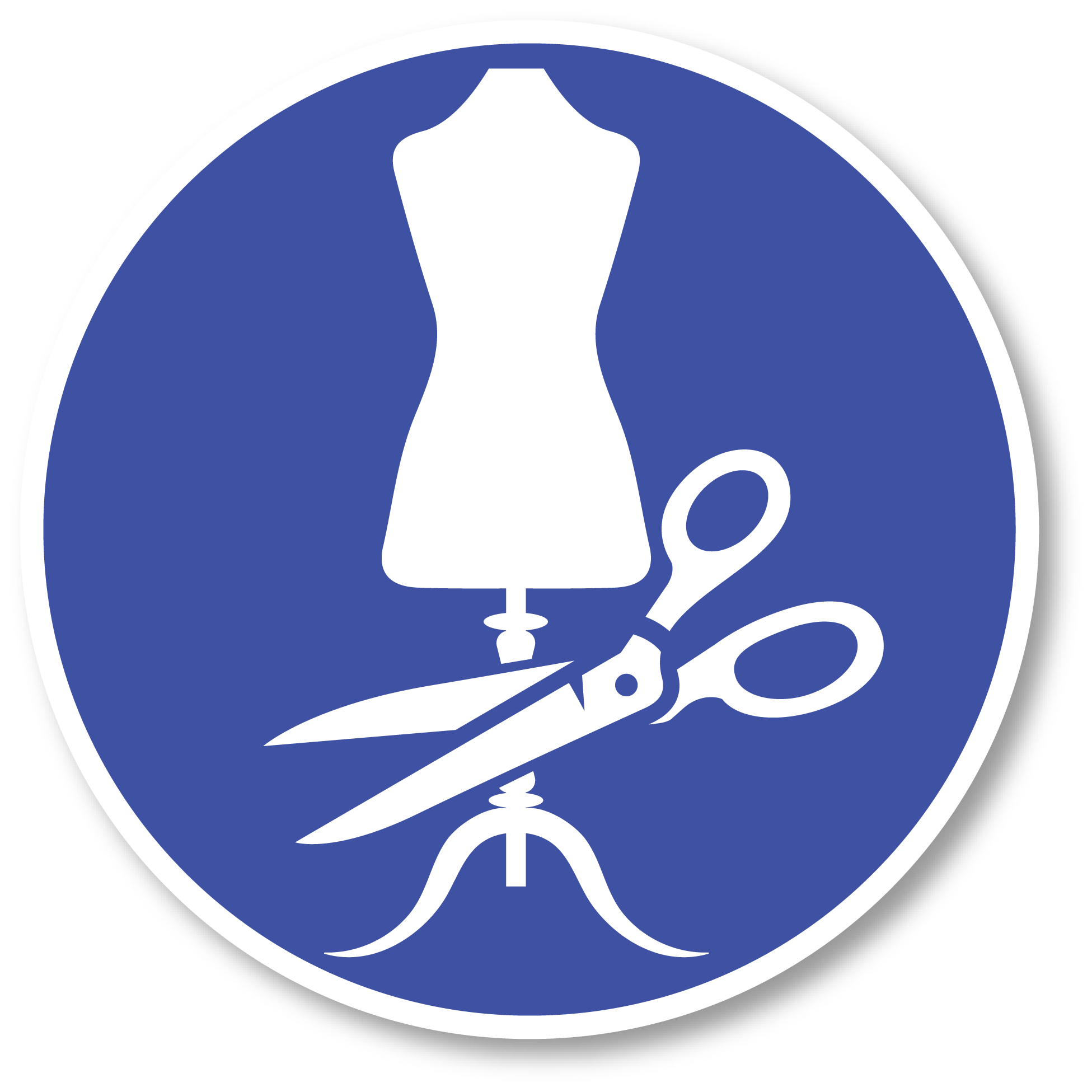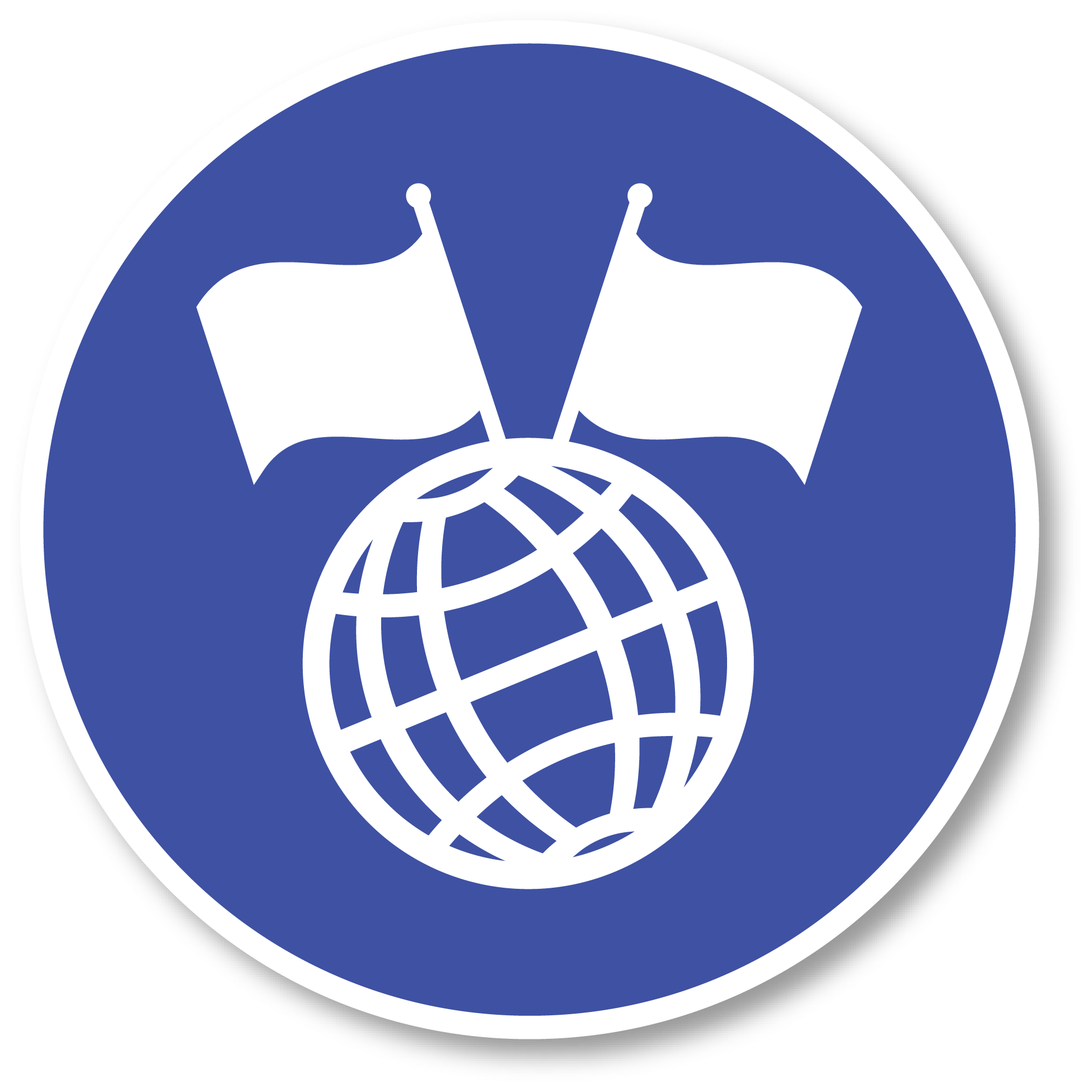Example in Action: Dindigul Agreement Addresses Sexual and Gender-Based Violence (SGBV) Risks Related to WRO

On April 1, 2022, fashion brands, labor-rights NGOs, and a manufacturer signed the Dindigul Agreement to address SGBV-related risks in supplier factories. "The Dindigul Agreement incorporates the definition of violence and harassment from the ILO Violence and Harassment Convention, 2019 (ILO C190), which refers to a range of unacceptable behaviors and practices, including threats, that are intended to or are likely to result in physical, psychological, sexual or economic harm, including GBVH. GBVH is violence and harassment directed at persons because of their sex or gender, or affecting persons of a particular sex or gender disproportionately, and includes sexual harassment.
Stakeholders to the agreement include:

Union
Tamil Nadu Textile and Common Labour Union (TTCU), a union of Dalit women workers

Supplier
Eastman Exports Global Clothing Pvt. Ltd. (Eastman Exports)

Fashion companies
H&M Group (H&M), Gap Inc., and PVH (including Calvin Klein and Tommy Hilfiger)

U.S. and regional allies
Asia Floor Wage Alliance (AFWA) and Global Labor Justice – International Labor Rights Forum (GLJ-ILRF)
The agreement honors the loss of a young garment worker, TTCU member and Eastman employee, Jeyasre Kathrivel, who was sexually assaulted and murdered by an Eastman supervisor, following months of gender-based harassment at work. The agreement includes an innovative program known as “Safe Circles,” with regular training for all workers, supervisors, and managers; a peer education program; and worker shop floor monitors to detect and report GBVH. As a part of the agreement, Eastman Exports amended its internal policies and procedures, including reconstituting its Internal Complaints Committee (ICC) with worker representation and establishing an independent grievance mechanism overseen by a roster of independent expert assessors with business consequences.
The Dindigul Agreement played a crucial role in modifying the Withhold Release Order, or WRO against Natchi Apparel, a garment maker owned by Eastman Exports with a record of systemic physical and sexual violence in the workplace, an indicator of forced labor. CBP cited the Dindigul Agreement and related stakeholder collaboration in this case as critical to the modification of the WRO.
For more information, visit: https://laborrights.org/releases/landmark-dindigul-agreement-eliminate-gender-based-violence-and-harassment-eastman-exports
DOL welcomes examples of good practices
to address child labor and forced labor.
Email us at GlobalKids@dol.gov.

 Step 3: Develop a Code of Conduct
Step 3: Develop a Code of Conduct


